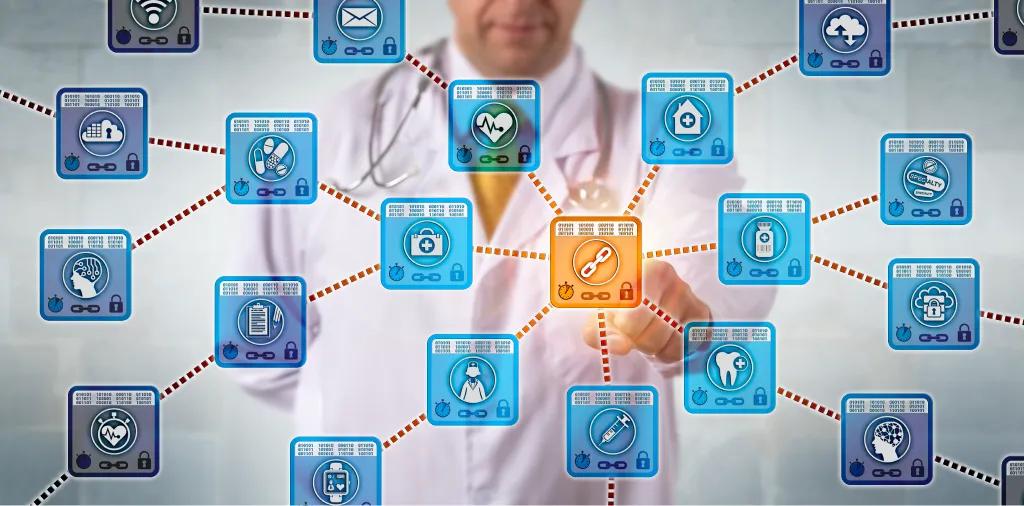Blockchain Applications in Healthcare
Blockchain is an emerging technology which has the potential to transform a diverse range of industries. Due to its abundant advantages, it has attracted huge interest from researchers and practitioners in recent years. Blockchain provides a decentralised ledger where information can be exchanged between two peers on top of a peer-to-peer network without the intervention of a third party. The cryptographic algorithms deployed in a blockchain play an important role towards addressing the security and immutability of data records in a blockchain. There is also no single point of failure in a blockchain because its decentralised architecture enables each node in a network to store a copy of all data records. The key characteristics of blockchain make it an ideal solution to revolutionise not only the financial industry but also other sectors such as the healthcare industry. Blockchain technology has a wide range of applications and uses cases in the healthcare sector. The following are some of the key areas where the healthcare sector would benefit from the adoption of blockchain:
- Direct service payment: Financial transactions between healthcare service providers and healthcare service consumers are usually controlled by a third party like a credit card provider or a financial institution which imposes a transaction processing fee. The utilisation of blockchain can help to remove third-party involvement in payment transactions which results in reducing the processing fee while improving the security of the transactions.
- Secure storage of sensitive medical data: Storing important medical data securely and safely is an important challenge in healthcare companies. Secured algorithms within a blockchain allow data hiding of sensitive data about patients and their medical data. These sensitive data may include patients' health information, electronic health records, medical insurance claims, payment records, data collected from IoT devices, etc.
- Tracking medical supply chain: A key concern across the healthcare industry, as in many others, is ensuring the origin of medical supplies to confirm the legitimacy and authenticity of the supplies. Blockchain has profound impacts on pharmaceutical supply chain management, and its decentralisation feature provides full transparency in the entire supply chain management process. Once a ledger is built for a medical drug, it will mark the starting point of manufacturing. The ledger will then continue to record data at each stage of the supply chain, including who handles it and where it has been until it reaches the consumer.
- Digital identity management: Another key challenge in the healthcare industry is to have access to accurate and verifiable identifications of patients, healthcare providers, hospitals, pharmacies, and research institutes. Blockchain can tackle this issue by providing integrity and transparency through its decentralised structure and combat differential versioning of identities, thus enabling secure identification. Healthcare companies have already started to explore a diverse range of blockchain applications in their businesses due to the decentralised structure of blockchain and its ability to provide secure healthcare solutions.
Although several signs of progress have been recently reported on the applications of blockchain in the healthcare industry, the field is not fully mature and various advancements and innovations are expected to be made in near future.
Dr Mohammad Dabbagh
School of Engineering and Technology
Email: @email




